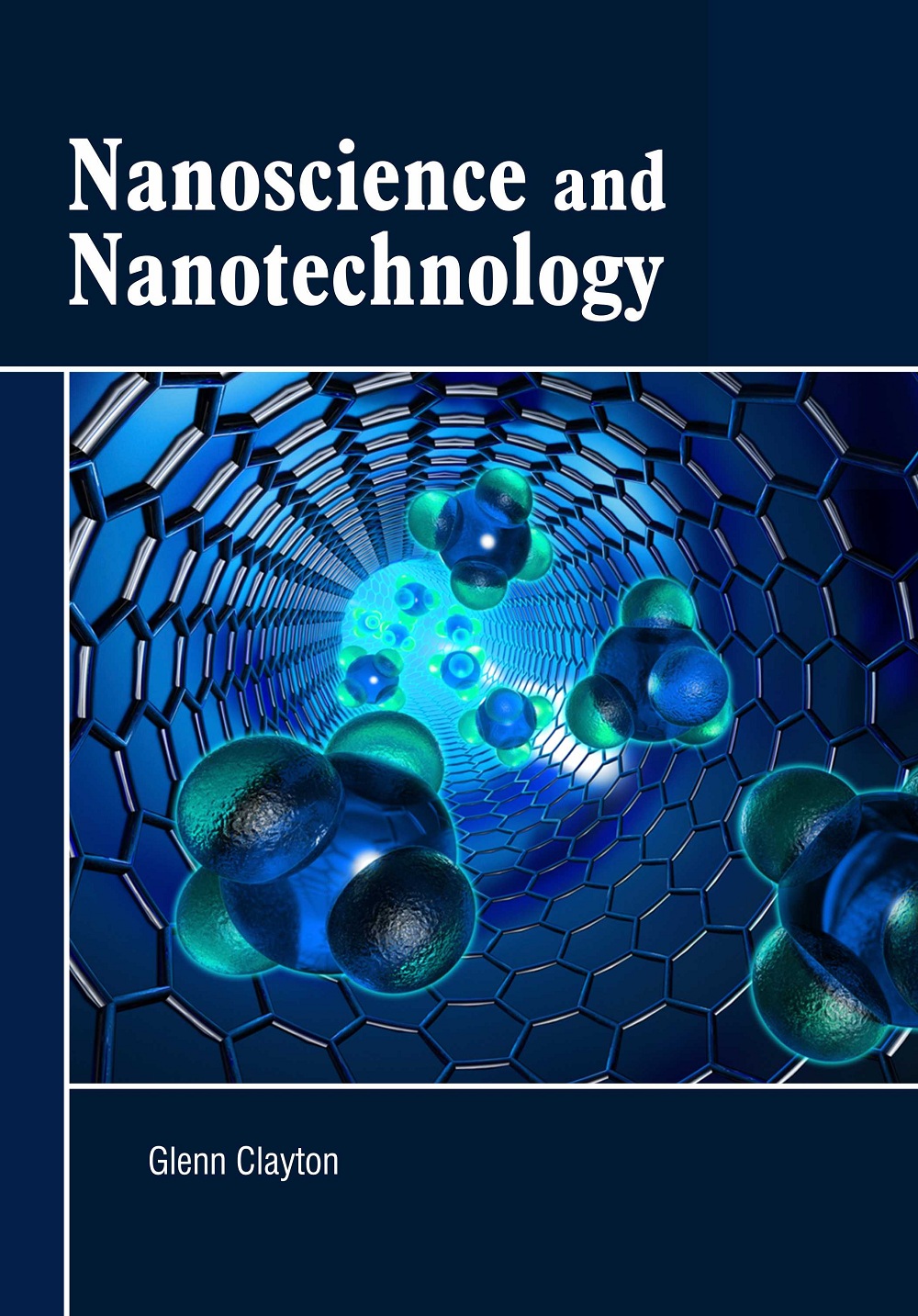Nanoscience and Nanotechnology Glenn Clayton
- ISBN: 9781788820769
- Edition: 1st
- ©Year: 2020
- List Price : 160
About the Book
Nanotechnology combines solid state physics, chemistry, electrical engineering, chemical engineering, biochemistry and biophysics, and materials science. It is a highly interdisciplinary area, meaning that it involves ideas integrated from many traditional discipline. Quantum nanoscience is the application of quantum theory to the design of new nanoscale materials and devices. Quantum Nanoscience explains functionality and structure in natural or engineered nanoscale systems through quantum mechanisms such as discretisation, superposition and entanglement. In the 19th century, decades of practice with heat engines led to the new science of thermodynamics.The understanding of the world captured by thermodynamics is now part of the fabric of engineering and effective design across a vast range of different technologies. Thermodynamics, quantum nanoscience is an enabling science for engineering and design of new nanotechnologies. Molecular nanotechnology (MNT) is a technology based on the ability to build structures to complex, atomic specifications by means of mechanosynthesis.This is distinct from nanoscale materials. Based on Richard Feynman's vision of miniature factories using nanomachines to build complex products (including additional nanomachines), this advanced form of nanotechnology (or molecular manufacturing) would make use of positionally- controlled mechanosynthesis guided by molecular machine systems. MNT would involve combining physical principles demonstrated by chemistry, other nanotechnologies, and the molecular machinery of life with the systems engineering principles found in modern macroscale factories. This book introduces the reader to the world of nanotechnology by giving them in-depth details of different aspects of the field.
Contents: 1. Introduction, 2. Nanotechnology, 3. Quantum Nanoscience, 4. Nanostructures and Nanotechnology, 5. Nanomaterials, 6. Nanomachines and Nanotechnology, 7. Quantum Mechanics, 8. Molecular Nanotechnology.
Glenn Clayton received an M.S. in mechanical engineering, M.S. in mechanics and a Ph.D. in mechanical engineering. He is a registered professional engineer (Nanotechnology). Glenn Clayton Smith is an internationally recognized expert of teratology on the macro-to nanoscales, and is one of the most prolific authors in the field. He is considered by some a pioneer of the tribology and mechanics of magnetic storage devices and a leading researcher in the fields of nanotribology and nanomechanics using scanning probe microscopy and applications to micro/nanotechnology.

